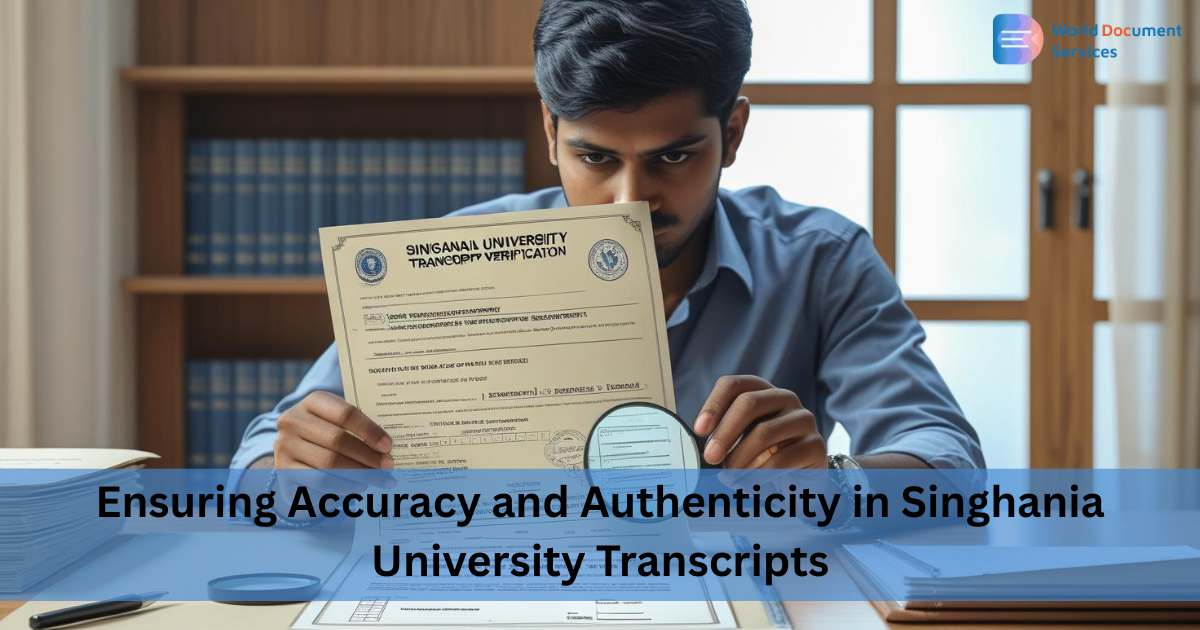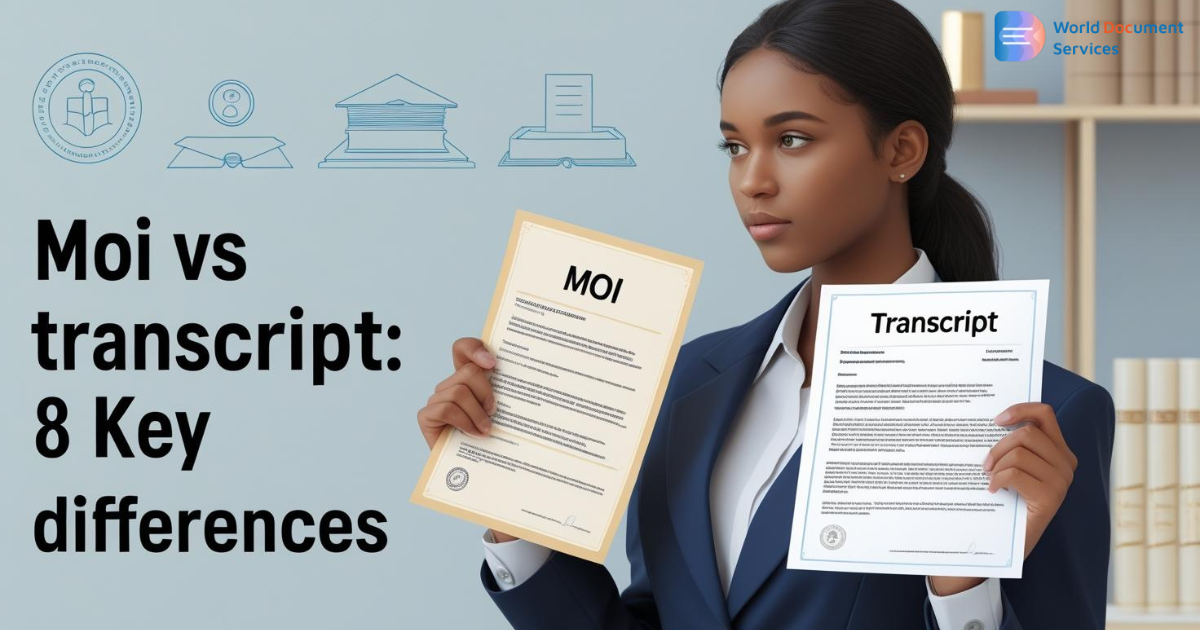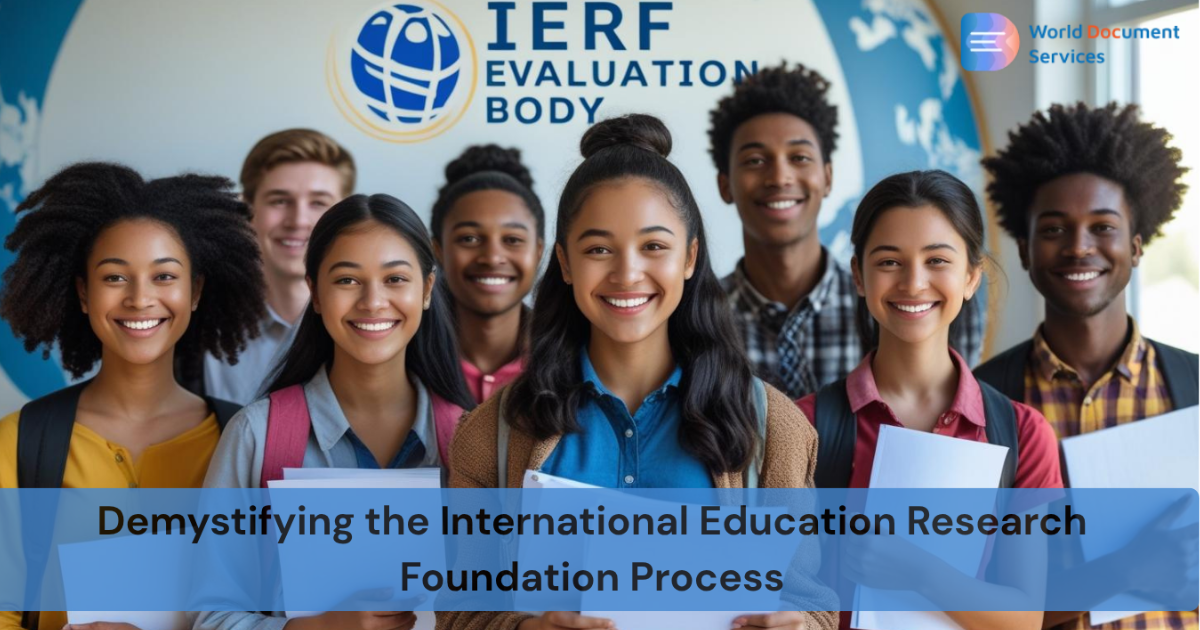
In this generation and era of professionalism, ensuring the reliability of potential employees has become a challenge. Organizations have their focus mostly on ensuring that the employees they hire are most qualified for the role and are reliable for the organization. University degree verification is an important step in ensuring that the organization doesn’t hire any underqualified candidate who can affect the reputation of the organization or is a resource of no use. This step protects the organization from fraudulent claims while also ensuring the integrity of the recruitment process.
Need help with your University Degree Verification? Contact Us Now!
1. Confirms the authenticity of educational credentials
For the matter of the accuracy of degree certificates to evaluate an applicant’s qualification. Fake documents or unverified documents are not very uncommon, and verifying one’s credentials ensures that they have genuinely earned their degrees and certificates. This step helps in hiring individuals with accurate qualifications and ones that organizations can rely on.
2. Reduces the risk of fraudulent hiring
Fake educational credentials have become very common in recent days. As there are rising cases of fake degrees and certificates, it becomes difficult for one to just rely on documents that are available. An effective educational verification process helps employers to hire better employees, and with it, they can authenticate the documents as per the requirement without compromising the hiring process.
3. Ensures compliance with legal requirements
Industries like healthcare, education, and engineering have very strict guidelines and compliance regarding the qualifications of any individual wanting to work abroad. Verifying the academic credentials helps organizations understand and check whether the applicant meets certain criteria, which are required for the job to be done.
4. Enhances workplace productivity
Hiring candidates with authentic qualifications helps to understand and ensure the skills required to perform the tasks being assigned. This contributes to fostering a healthy competition, which also enhances the overall productivity and efficacy of the workplace as a whole.
5. Protects the company’s reputation
Employees are the representatives of their employers and the organization they work for. Hiring employees with no solid background or without proper university degree verification can lead to scandals or affect the company’s credibility.
6. Helps Identify the Best Fit for the Job
The educational verification process is not just about filtering the candidates with unauthentic credentials, but also ensuring that the candidate who possesses the specific educational qualifications gets the role. This ensures that the job is aligned with the skills the job requires and the skills individuals hold. Making sure the one with authentic skills and fair means gets through the jobs.
7. Saves Time and Resources in the Long Run
It does seem time-consuming to get your educational credentials verified, but it saves the organization’s resources in the long term. Verifying the educational credentials and hiring people may seem like a challenging task, but replacing the resources with false information is even more challenging and costly. Hiring people based on their qualifications and verified credentials can prevent any such errors upfront, minimize employee turnover, and balance the cost associated.
8. Builds trust among employees and stakeholders
A company that hires through transparent means, including academic credential verifications, has built trust among its employees, clients, and stakeholders. This trust is important in a certain way, creating better coordination and a reliable work environment.
9. Prepares for International Hiring Standards
Hiring across the globe is a trend and isn’t restricted to just one place now, thanks to globalization. This makes degree certification even more important, as international documents might be difficult to validate without a structured verification process.
10. Mitigates Financial and Operational Risks
Loss of resources is a financial loss as well. In certain cases, it has been seen that people who are underqualified lead to financial loss, which can be in any form, such as project delays or operational mishaps. Specifically in industries like healthcare, inadequate knowledge can lead to severely unacceptable outcomes. Hence, university degree verification eliminates such risks by ensuring that the employees being hired must carry the required qualifications.
How the Education Verification Process Works
1. Candidate Consent
The process begins when the employer updates the candidate about the educational verification process and seeks approval to verify their credentials.
2. Document Collection
The collection of documents is the second step, which is either performed by the employer or the agency. They require copies of the degree certificate, transcripts, and other supporting documents.
3. Contacting Educational Institutions
To verify the documents and certificates, you must reach out to the respective educational institution to confirm the authenticity of the documents.
4. Verification Report
Once the entire verification is done, a report is generated mentioning all the data collected, and then it is either sent to the employer or used by them to make the final call.
Challenges in University Degree Verification
Academic credential verification is of the utmost importance; it comes with its own set of challenges. Which are as mentioned:.
Verifying educational credentials can be time-consuming, especially when dealing with international qualifications.
Some universities may be slow to respond to verification requests, which can cause delays.
The verification process may require the intervention of a third party and hence can add to the cost of verification as well as to the cost of recruitment.
Conclusion
University degree verification is an important part of today’s recruitment process. It is simply unavoidable, as it safeguards both employees and employers in their best interests. Majorly for the employers, it helps to avoid potential fraud, ensures compliance with industry standards, and protects their reputation, but also builds a foundation of trust for long-term success.
In a world where educational credentials are increasingly called into doubt, authentication is no longer optional but paramount when it comes to the degree certificate.
To obtain any assistance in regard to your educational document verification or to address any other questions regarding the same, you can contact World Document Services.
To get any support in your educational document verification or to resolve any queries related to the same, you can reach out to World Document Services. We are experts in the area of document procurement as well as getting it verified.
Download the World Document Services App.
You may enjoy a hassle-free experience by downloading our mobile app from either the App Store or the Play Store. It works with both iOS and Android devices.
FAQs:
Q: What is university degree verification?
A: University degree verification is a process of verifying the credentials and authenticity of the degrees awarded by the issuing institution to a candidate.
Q: Is international qualification degree verification possible?
A: Yes, there are many third-party verification agencies that can verify international educational qualifications to the requirements of the employer.
Q: How long does the education verification process take?
A: The time taken would again vary with the responsiveness of the educational institute and the complexity of the candidate’s qualification.
Q: Which challenges do employers face regarding the verification of degree certificates?
A: Most common challenges include long waiting times from unresponsive institutes, problems in checking old qualifications, and extra charges when a third party is opted to verify the degree certificate.
Q: How do candidates ensure smooth verification?
A: They must provide correct information, be available with their degree certificates at the time of request, and grant permission quickly when sought.














 Call Us
Call Us Mail Us
Mail Us WhatsApp
WhatsApp
